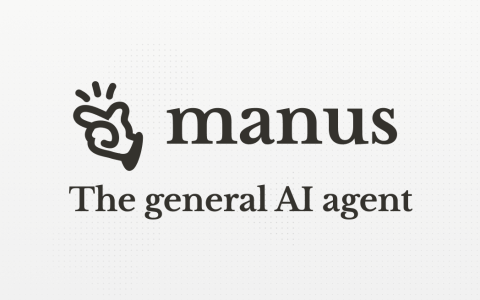“`html
Agentic AI is increasingly seen as the key to unlocking tangible value from generative AI investments, addressing what McKinsey calls the “gen AI paradox.” While nearly four out of five companies have adopted generative AI, according to the consultancy’s research, a far smaller percentage are seeing a significant impact on their bottom line. The challenge lies in effectively orchestrating these AI deployments for real-world business applications.
The concept of AI agent orchestration is gaining traction as a crucial step in making AI agents truly “agentic,” capable of autonomous and coordinated action. This is precisely where companies like BMC are positioning themselves, aiming to capitalize on the growing need for robust AI orchestration platforms.
BMC’s Control-M platform, recently recognized by Gartner as a leader in service orchestration and automation platforms, is designed to automate the scheduling and processing of business workflows across diverse platforms and applications. This centralized control is becoming increasingly critical as enterprises deploy a multitude of AI agents across their technology stack.
According to Basil Faruqui, Director of Solutions Marketing at BMC, Control-M is evolving into an “orchestrator of orchestrators,” seamlessly connecting various tools and, crucially, paving the way for the orchestration of AI agents. Faruqui anticipates that within the next one to two years, orchestration will expand beyond applications and APIs to encompass the coordination of these autonomous agents.
The rise of platforms like Salesforce’s Agentforce, a “digital labor platform” focused on providing visibility and control for scaling AI agents, signals a clear industry trend. Faruqui emphasizes that various systems, from data warehouses to CRM platforms like Salesforce and SAP, will leverage agentic AI to automate their core functions. This shift necessitates a new orchestration layer capable of connecting and coordinating these agents across different systems. This strategic capability allows businesses to build cohesive task automation strategies using different AI agents throughout different cloud and on-premise systems.
“That’s really where we see our future in this ‘agent economy’,” Faruqui stated. “We see Control-M playing the role of being the orchestrator of agents across systems.” This vision points to Control-M evolving into a central platform for managing and optimizing the performance of diverse AI agents deployed across an organization.
Faruqui shared insights from a recent meeting with the CTO of a major healthcare organization processing over $10 billion in claims monthly. Initial testing of generative AI and LLMs was described as “transformative,” with the potential to significantly reduce claims processing times. However, Faruqui stressed that the true value lies in deploying these technologies into production environments. Operational and governance challenges remain significant hurdles, and effective orchestration is essential for bridging this gap, driving efficiency and reducing error rates. Without proper oversight, security risks, poor output quality, and compliance difficulties can emerge, potentially negating the benefits of AI agent automation.
Faruqui also highlighted the increasing level of investment in the AI agent space. “Sponsorship is really coming from the board,” he noted, indicating that AI initiatives are no longer solely the domain of CIOs or CTOs. In some cases, companies are even including progress updates on their AI initiatives in their letters to shareholders, demonstrating the strategic importance placed on these investments.
“This is going to move fast, which means that, from the vendor side we have to be ready, not in three years, [but] six months,” Faruqui concluded. “And we in BMC, we are working through a very bold vision where we see this agent economy really taking off; and really, orchestration is the vehicle for business outcomes.” This urgency underscores the need for enterprises to adopt robust orchestration strategies to effectively manage and leverage the expanding ecosystem of AI agents.
“`
Original article, Author: Samuel Thompson. If you wish to reprint this article, please indicate the source:https://aicnbc.com/9738.html



